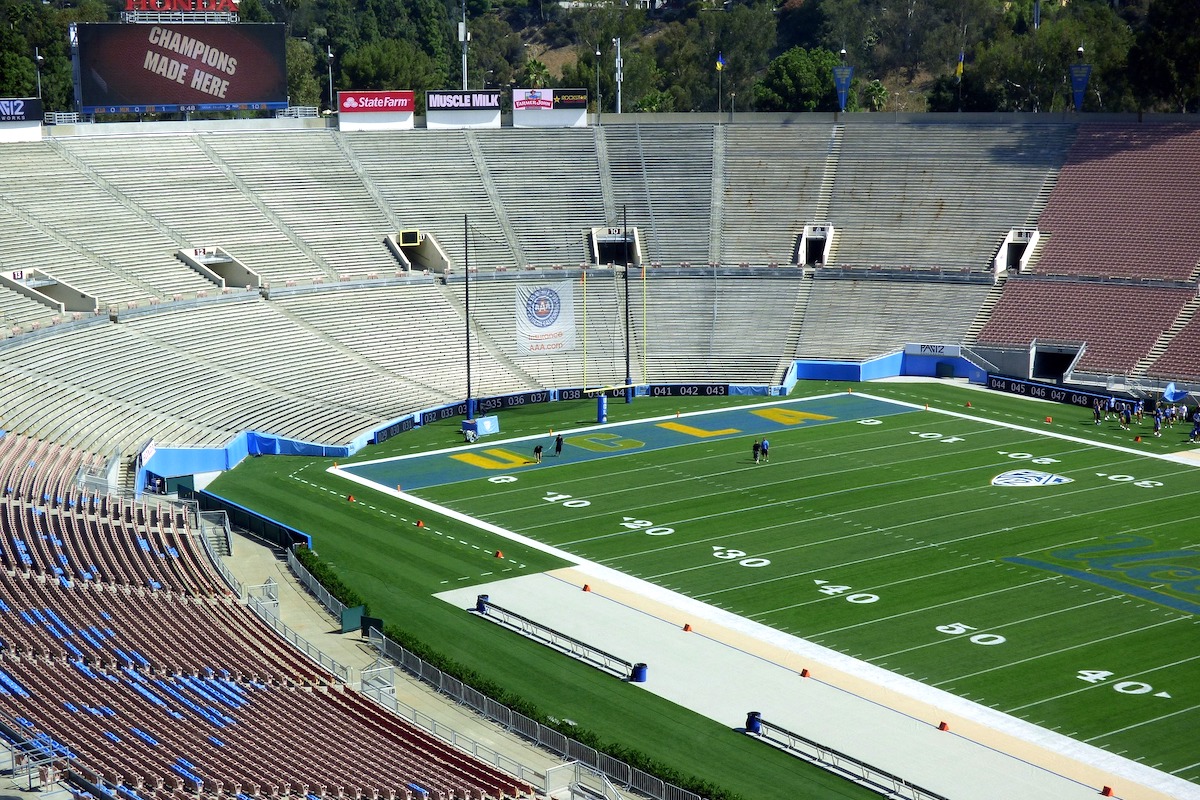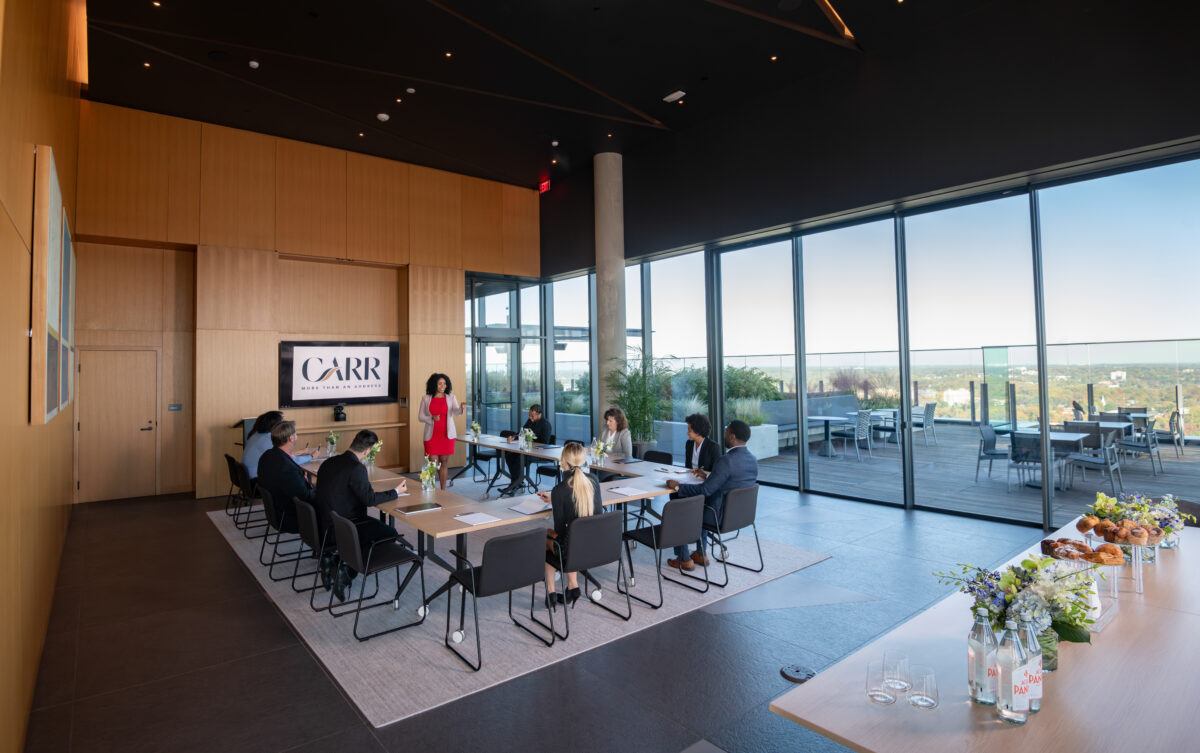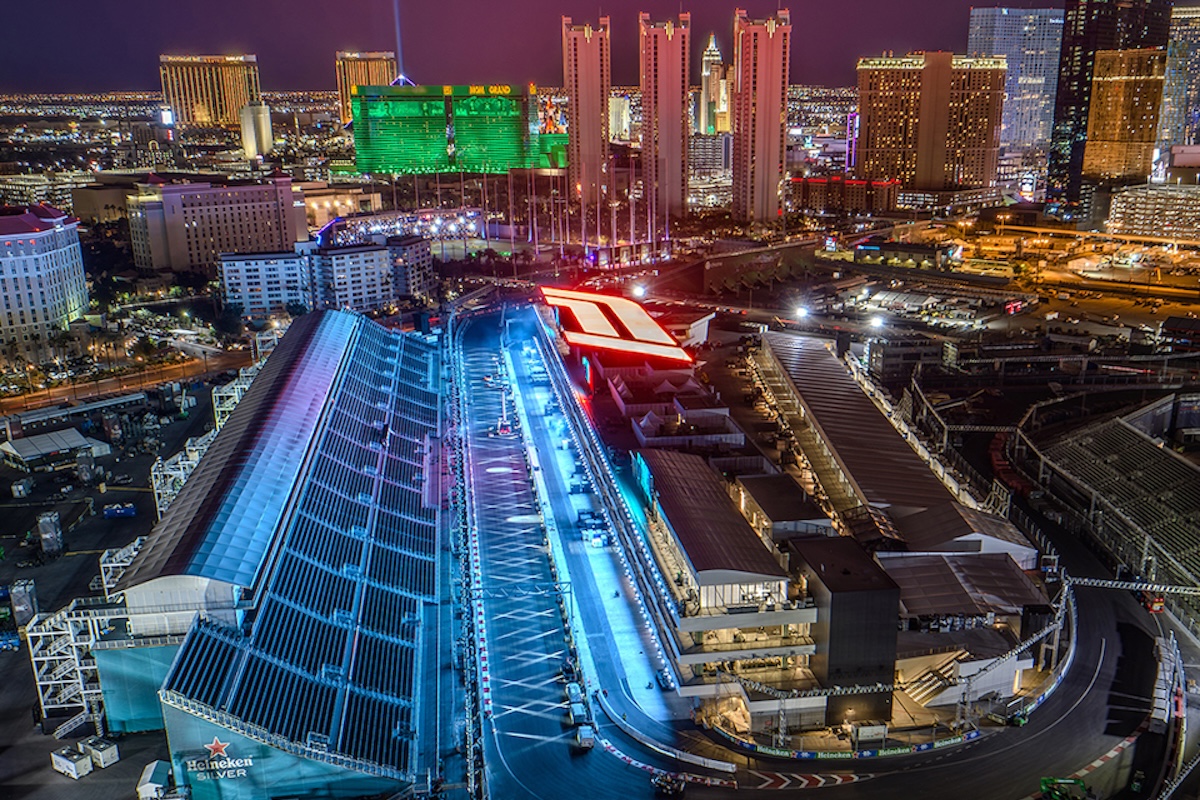Skift Take
The Historic Stadium Caucus was formed through a bipartisan Congressional effort to preserve and update numerous historic venues located across the U.S.
On Wednesday, the Historic Stadium Caucus launched on Capitol Hill in Washington, D.C., following Congressional approval in August. Led by U.S. Representatives Garret Graves (R– Louisiana) and Mark Pocan (D–Wisconsin), the bipartisan group will work to preserve the legacy and integrity of the historic venues located around the country. Staff members of the Rose Bowl Legacy Foundation led the announcement.
“Historic stadiums such as the Rose Bowl have been the backbone of American sports and entertainment for over a century, but their viability and continued operations are being pushed by the evolving landscape and expectations of modern-day sports and entertainment,” said Jens Weiden, Chief Executive Officer and General Manager of the Rose Bowl Stadium.
The Caucus will focus on improving the capabilities of each stadium to provide an elevated event experience by assisting representatives of the historic venues to ensure each is up to date with the latest event tech and environmental practices.
“The Historic Stadiums Caucus will have a tremendously positive impact on the meetings and events industry across the United States,” said Kristin McGrath, Executive Director of Visit Pasadena. “We are excited to support the Historic Stadiums Caucus as it focuses our nation’s efforts on the preservation and modernization of historic stadiums so that we can enjoy these storied venues for many future generations to come.”
Support from Football Stars
The event featured comments from NFL alumni, including college and NFL Hall of Famer Ronnie Lott, who played for the USC Trojans and San Francisco 49ers. Moon is a member of the Rose Bowl Hall of Fame.
“Since I was ten years old, the Rose Bowl, the Los Angeles Coliseum and so many other stadiums have truly been pillars in what they represent to so many people around the country,” Lott said. “We must protect these historic buildings around the country as they mean so much to their communities and to those who use them daily. The infrastructure is truly important to keep these iconic places going for many more years to come.”
Participating Stadiums
Nineteen stadiums have committed to participating in the Caucasus.
- Beaver Stadium (Penn State University, State College, Pennsylvania)
- Camp Randall Stadium (University of Wisconsin, Madison, Wisconsin)
- Cotton Bowl (Dallas, Texas)
- Davis Wade Stadium (Mississippi State University, Starkville, Mississippi)
- Franklin Field (University of Pennsylvania, Philadelphia, Pennsylvania)
- Husky Stadium (University of Washington, Seattle, Washington)
- Jordan-Hare Stadium (Auburn University, Auburn, Alabama)
- Los Angeles Memorial Coliseum (University of Southern California, Los Angeles, California)
- Memorial Stadium (University of California, Berkeley, California)
- Memorial Stadium (University of Illinois, Champaign, Illinois)
- Memorial Stadium (Clemson University, Clemson, South Carolina)
- Nippert Stadium (University of Cincinnati, Cincinnati, Ohio)
- Ohio Stadium (The Ohio State University, Columbus, Ohio)
- Rose Bowl Stadium (Pasadena, California)
- SJSU Spartan Stadium (San Jose State University, San Jose, California)
- Tiger Stadium (Louisiana State University, Baton Rouge, Louisiana)
- Vaught–Hemingway Stadium at Hollingsworth Field (University of Mississippi, Oxford, Mississippi)
- Wallace Wade Stadium (Duke University, Durham, North Carolina)
- Yale Bowl (Yale University, New Haven, Connecticut).
Photo credit: Kim Heimbuch / Pixabay





